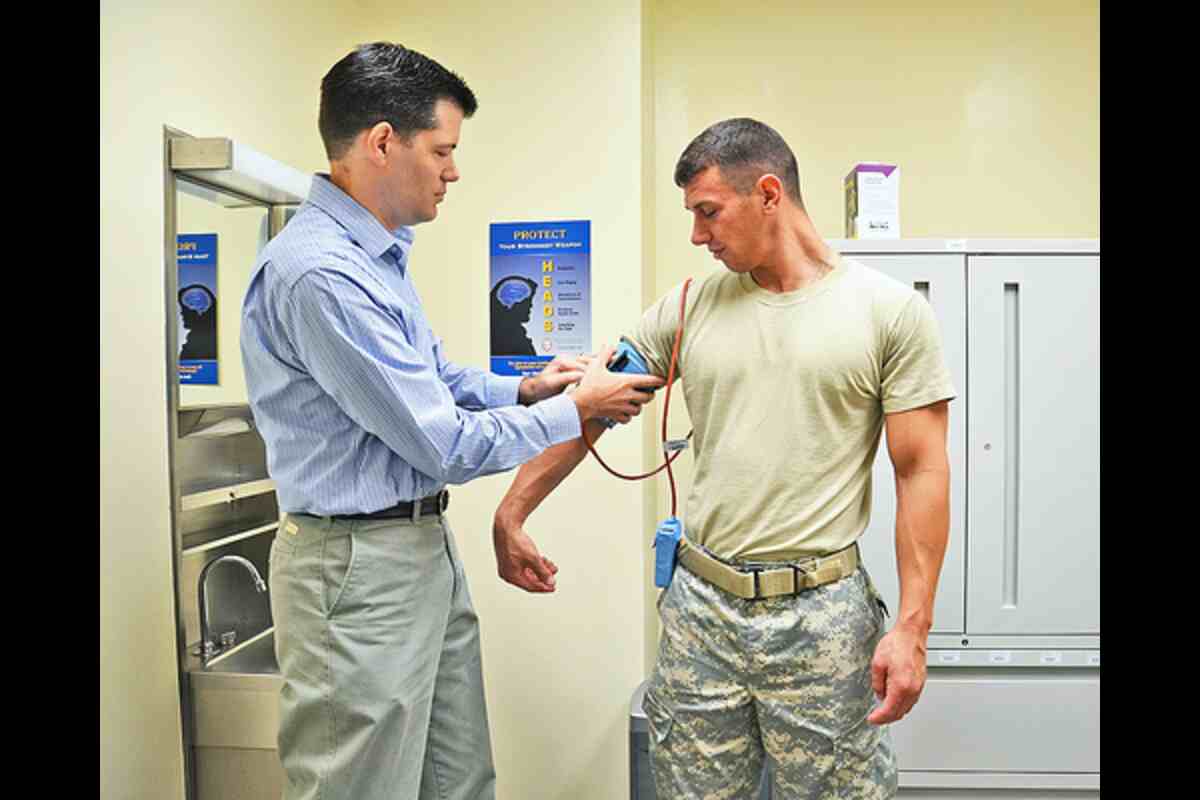6 Early Warning Signs of High Blood Pressure

High blood pressure, or hypertension, is a state where the blood pressure in the arteries of the human body is constantly and chronically elevated above normal. The blood circulation in the body has reached a sustained elevation, which makes the heart work harder. When the heart has to work harder, it is likely to suffer heart damage. When the heart is damaged then stroke, heart attacks, heart disease, and renal failure can occur. There are two types of high blood pressure, essential, which has an unknown cause, and secondary, which has a direct cause such as medications or birth control pills.
6 Early Warning Signs of High Blood Pressure
The early warning signs of high blood pressure are difficult to navigate because high blood pressure is often a silent killer. To be absolutely sure of the state of hypertension, or high blood pressure in the human body, it is encouraged by the medical community to receive testing and go to screenings. However, there are early warning signs of high blood pressure, and knowing them can make all the difference.
1. Obesity
Obesity is an early sign of high blood pressure because obesity secrets a high level of insulin which modifies the blood, causing a thickening of the vessels. Obesity is also responsible for sensitivity to sodium levels. Soon the body synthesizes too much insulin and the damage occurs, sending blood pressure soaring.
2. Dizziness and Fainting
Dizziness and fainting will occur if there is not enough oxygen in the blood being carried to the brain. This can happen for all sorts of reasons, but one is because of a poor heart condition possibly brought on by high blood pressure. Also, balancing, vertigo, stumbling, falling, and fainting can be early signs to watch out for.
3. Cyanosis
Cyanosis is an early sign of high blood pressure. Cyanosis is simply known as blue tint and affects the tissue of the body that is not receiving oxygen. If blood cells do not carry enough oxygen then tissue begins to die.
4. Edema
Edema the swelling of the legs and ankles is also an early symptom of high blood pressure. Edema means that there is excess fluid trapped in the body tissue. Edema can be local or general and is due to capillary damage most likely brought on by high blood pressure.
5. Chest Pain
Chest pain is an early symptom of high blood pressure simply because the heart is working on overdrive to deliver blood and nutrients to the body tissue. Because the heart is working hard, it often is strained, causing pain.
6. Breathing Problems
Breathing problems such as shortness of breath can also be an early sign of high blood pressure. Breathing is connected to the health of the heart as well as the amount of oxygen that is in the blood. When the heart is damaged, the lungs can suffer as well.
Additional symptoms to watch for include headaches, irregular heartbeat, thyroid problems, confusion, nose bleeds, fatigue, tachycardia, and over-medication. Although there may be multiple causes for such symptoms to occur, the underlying cause is possibly related to hypertension, or high blood pressure, as the blood is connected to every living tissue.
Also Read: Home Remedies For Low Blood Pressure